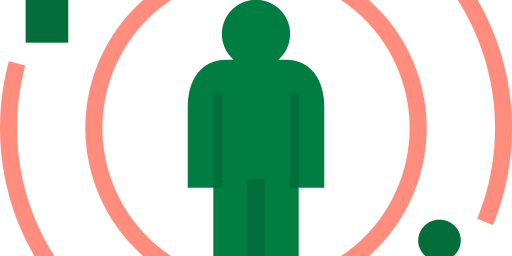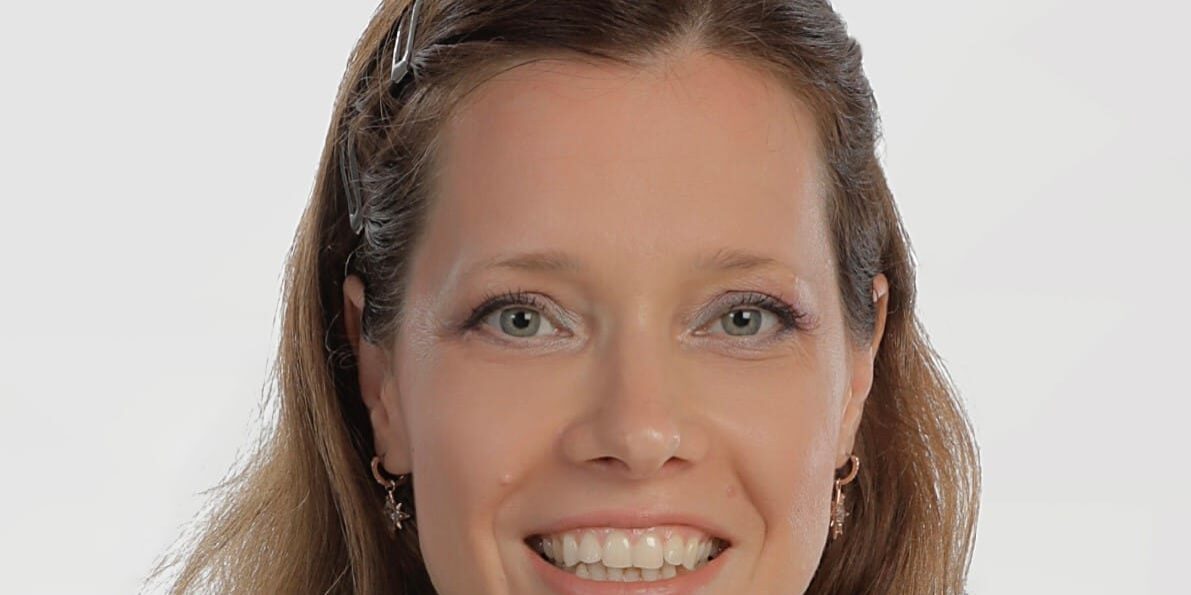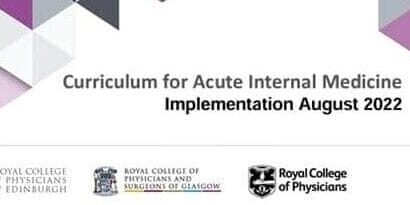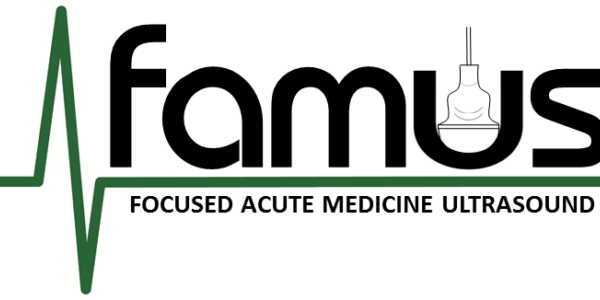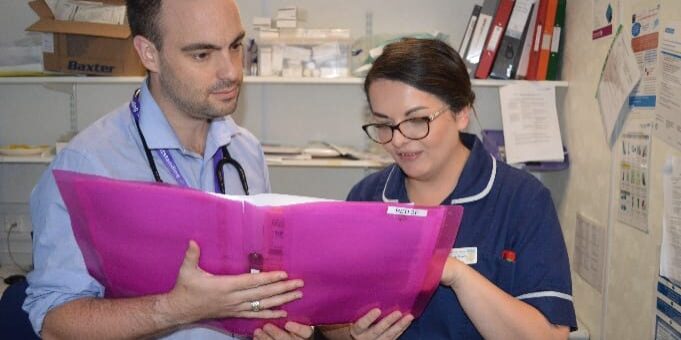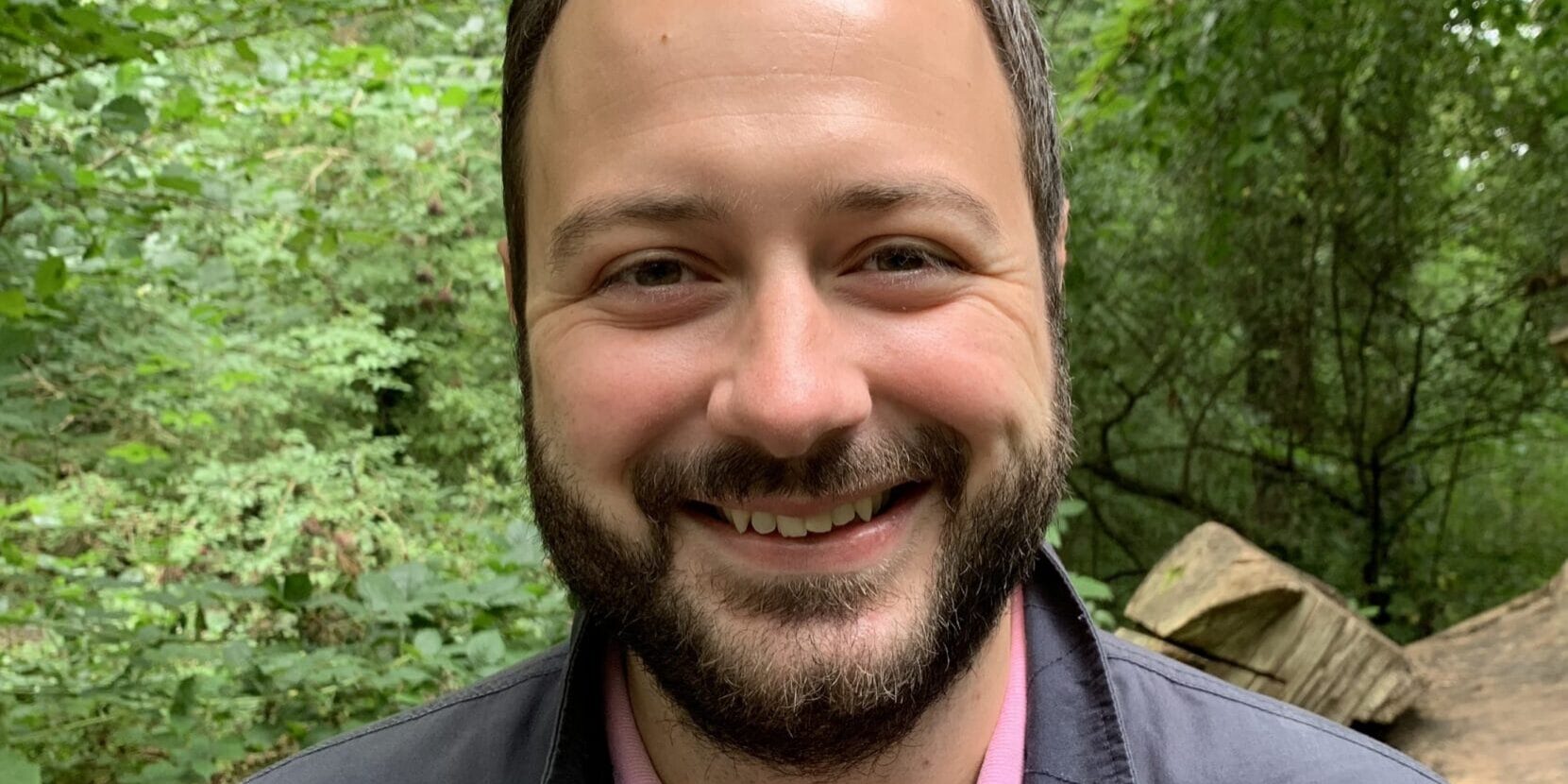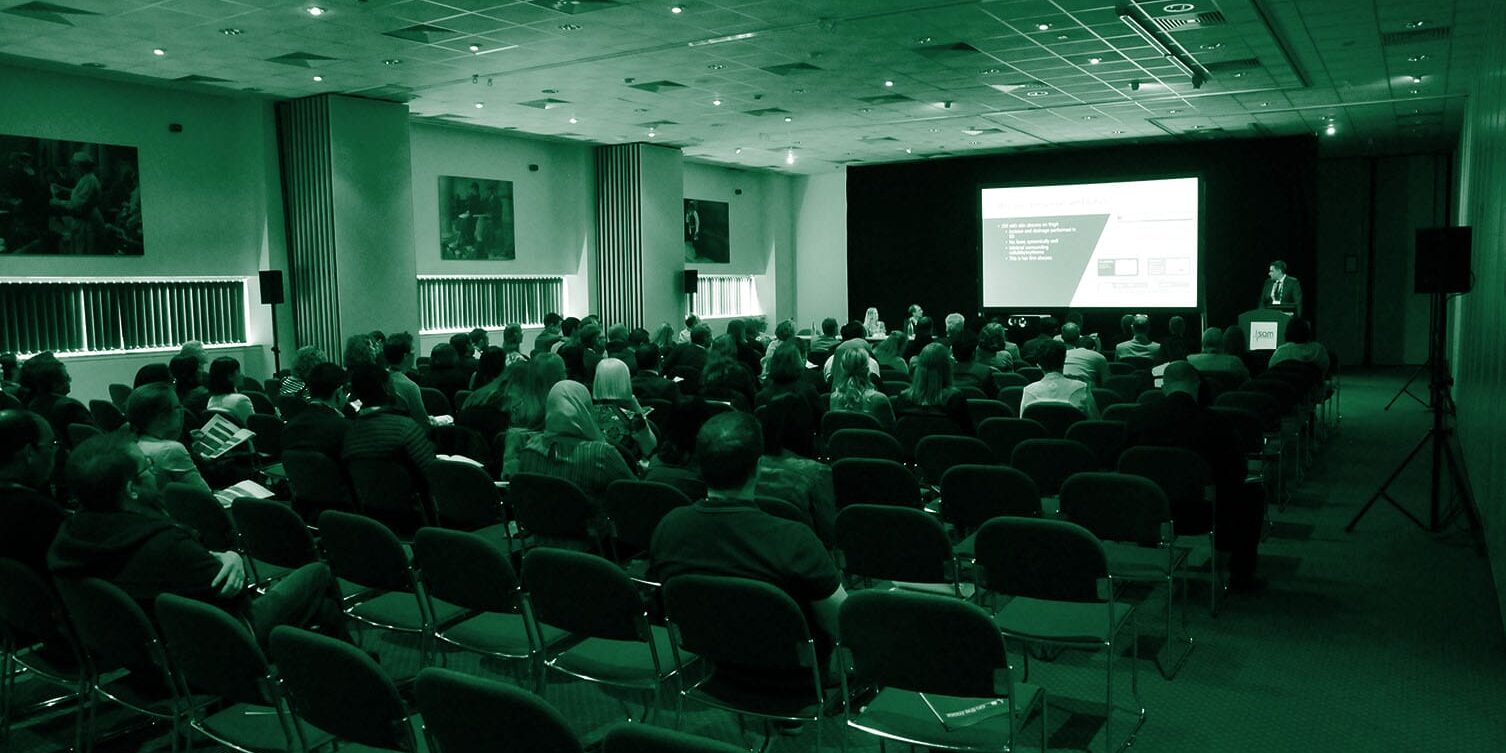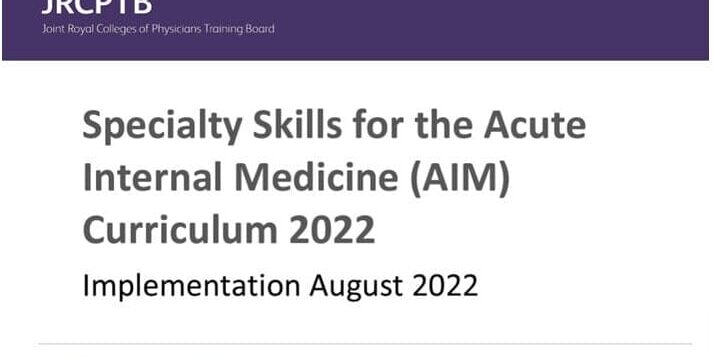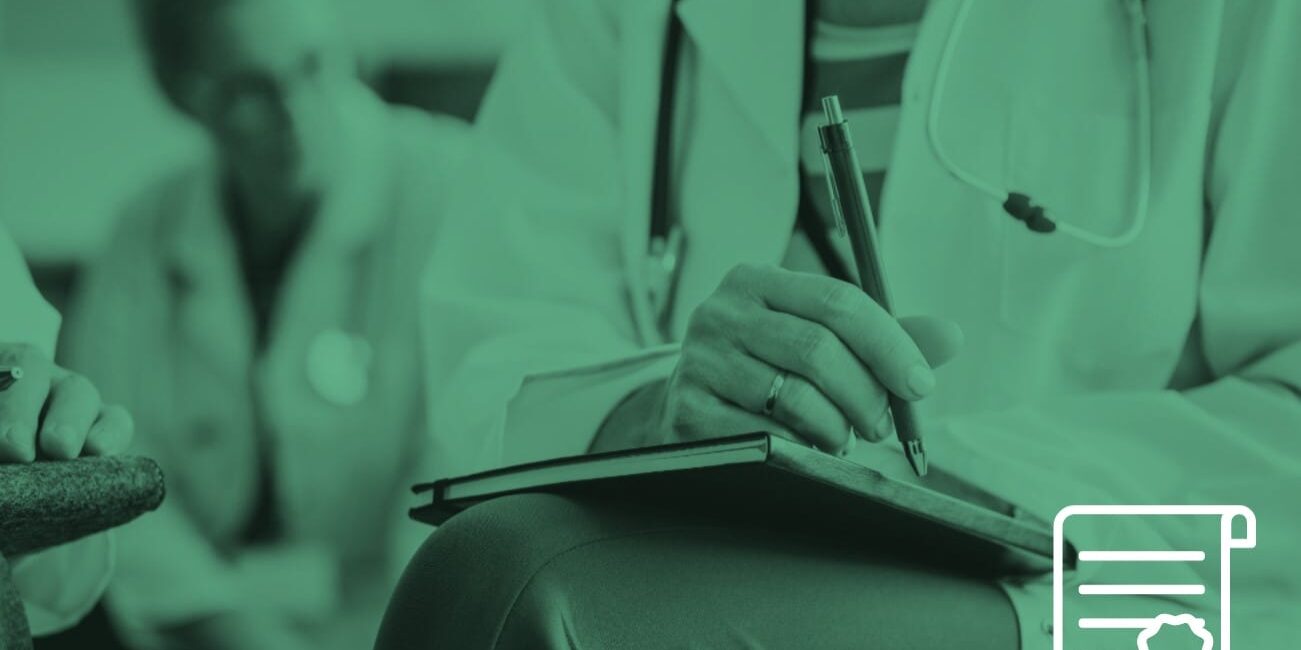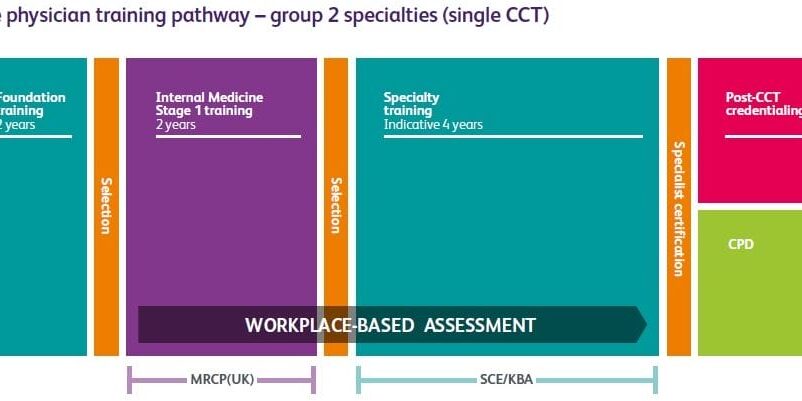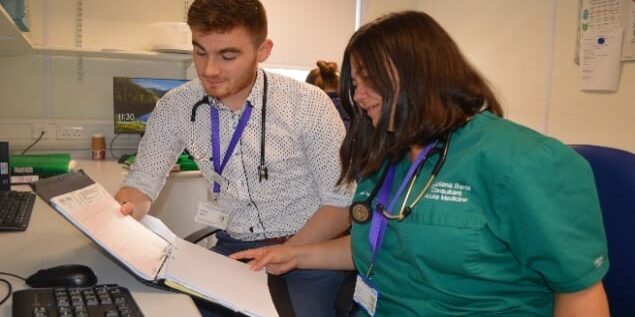Training Hub
Curricula Explained
Acute Medicine is preparing to commence trainees on a newly developed curriculum in August 2022. Prior to this the last curriculum change was 2009 so it is likely most current trainees will be on the 2009 curriculum, some of whom will either have to or choose to switch to the 2022 curriculum. Here we aim to explain the differences between the 2 curriculum and offer advice on transitioning from one curriculum to another.
What are the main changes in the new curriculum??
Along with Internal Medicine Training (IMT) and many other medical specialties, the new Acute Medicine curriculum has moved away from tick box presenting complaints to more of a focus on areas of competency in the form of Capabilities in Practice (CiPs). These have been developed with dual training with IMT Stage 2 as standard and therefore include:
• 6 Generic CiPs (Professionalism, Leadership, Teaching etc)
• 8 Clinical Internal Medicine CiPs
• 6 Acute Medicine specific CiPs
This has allowed an enhanced focus on supporting trainees to develop the skills necessary to be an Acute Medical Consultant that set us apart from other medical specialties. This is one of the main driving factors also for including Point of Care Ultrasound (POCUS) in the curriculum to facilitate the training and delivery of a skills specific to Acute Medicine.
How do the 2009 and 2022 curriculum compare??
| Curriculum | AIM 2009 | AIM/IMT 2022 |
| Overview | A curriculum with defined AIM clinical and organisational competences. | |
| GIM
Dual training |
A separate curriculum (near identical) with additional outpatient exposure evidence required for ARCP and an additional year of training outside Acute Medicine | Incorporated into the curriculum as Internal medicine Clinical CiPs |
| Length of training | 4 year training programme
(5 with GIM) |
4 year dual training programme |
| Generic Competencies | 25 Common Competencies
(10 not requiring any specific evidence) |
6 CiPs |
| Clinical Competencies | 4 Emergency Presentations
20 Top Presentations 40 Other Presentations |
8 Internal Medicine CiPs (skills based rather than specific presentation)
6 Acute Medicine CiPs (mixture of clinical and management skills plus requirement for specialist skill) |
| Level Descriptors | Expected to reach Level 4 (varies between competencies but equates to independent practice in most) in all competencies before CCT | Expected to reach Level 4 (entrusted to act unsupervised) in all competencies before CCT |
| Practical Procedures | 9 Practical Procedures | 10 Practical Procedures
- DCCV, pacing and Sengstaken-Blakemore tube insertion removed - NIV set up, IO access and POCUS added plus CPR moved here |
| Specialty rotations | Minimum 4 months in Cardiology, Respiratory, Care of the Elderly and Intensive Care fixed by curriculum | Minimum 4 months in Cardiology, Respiratory, Care of the Elderly and Intensive Care fixed by curriculum |
| Specialty Skill | Required to complete one specialist skill from a defined list prior to CCT.
1 session (1/2 day) a week should be set aside for this. |
Required to complete one specialist skill from a defined list prior to CCT in addition to POCUS.
1 day a week should be set aside for this with a view to use this time for POCUS in ST4/5 and specialist skill after. |
| Portfolio and Assessments | Logbook requirement for 1250 patients seen on Acute take + 300 patients seen in Ambulatory Care (but no need to see patients in an OP clinic). Workplace based assessments are mandatory | No specific numerical requirement but logbook of unselected take, specialty specific take and ambulatory care patients must be maintained for evidence. Workplace based assessments are mandatory |
| Specialty Certificate Examination | Mandatory AIM SCE | Mandatory AIM SCE |
| Scope of practice | Technically only qualifies holder to look after patients for 72 hours. (Whether or not you actually look after patients for longer than this is entirely at the discretion of your employing trust) unless dual training with GIM
AIM CCT not recognised internationally GIM CCT recognised worldwide |
Qualifies you to look after patients for any length of time and to follow up patients with chronic conditions.
AIM CCT recognised in the UK IMT CCT recognised worldwide |
Which trainees will need to transition to the new curriculum?
AIM trainees commencing Higher Training (ST4) from August 2022 onwards will automatically start on the new 2022 curriculum.
Existing trainees who have a planned CCT of August 2024 or before can choose to remain on the old 2009 curriculum (i.e. if due to CCT within 2 years).
LTFT trainees will have the pro-rata equivalent time to achieve CCT on the old 2009 curriculum (i.e. 60% trainees will have 40 months). Breaks in training such as parental leave or OOPE/T placements that extend completion of training further may not be granted additional time and therefore may have to transition. The current advice is to discuss this early with your TPD and local Dean.
Be aware that GIM curriculum is also transitioning to the new IMT Stage 2 curriculum from August 2022. The current guidance from JRCPTB states that for this transition all trainees except those in their final year of training (pro-rata for LTFT) will be required to move to the new curriculum. Given that all the IMT Stage 2 CiP’s and requirements fare ingrained within (and form the majority of) the new AIM curriculum this may encourage more AIM trainees to switch to avoid being of the new IMT curriculum but the old AIM curriculum. Please see here for JRCPTB’s advice on transition.
Overall there will be a significant transition period over the next 2-3 years. After August 2024 there will be a much smaller number of trainees on the old 2009 curriculum – primarily LTFT trainees or those who have taken parental leave.
2022 Curriculum Links
2009 Curriculum Links
Further questions?
Once the formal approval for the new curriculum is completed we are aiming to host a Q+A session with Dr Ben Chadwick who has led on the development of the new curriculum.
Please let us know if you have any particular questions that have not been clarified here so we can put together a list for him. Email: traineerep@acutemedicine.org.uk

